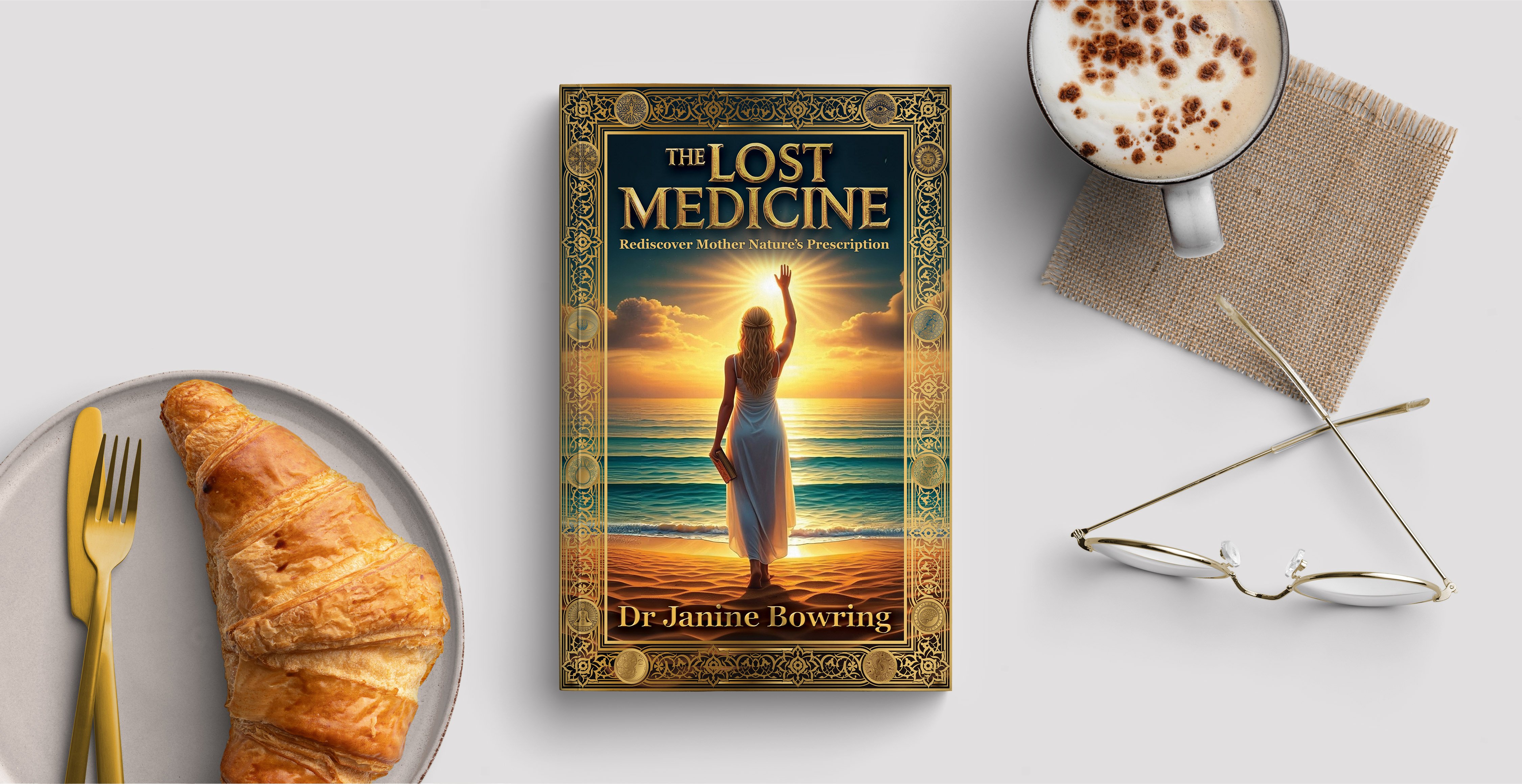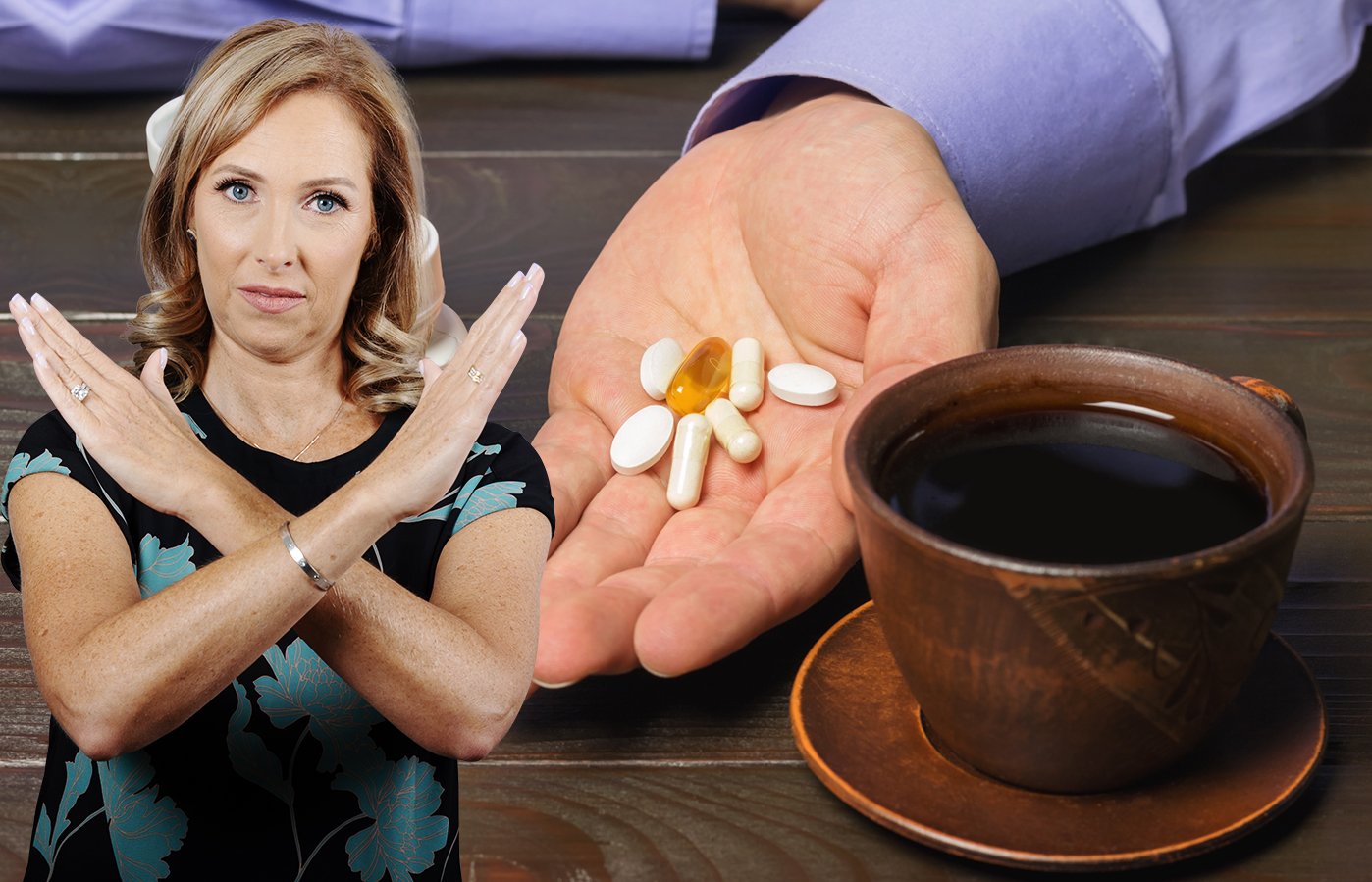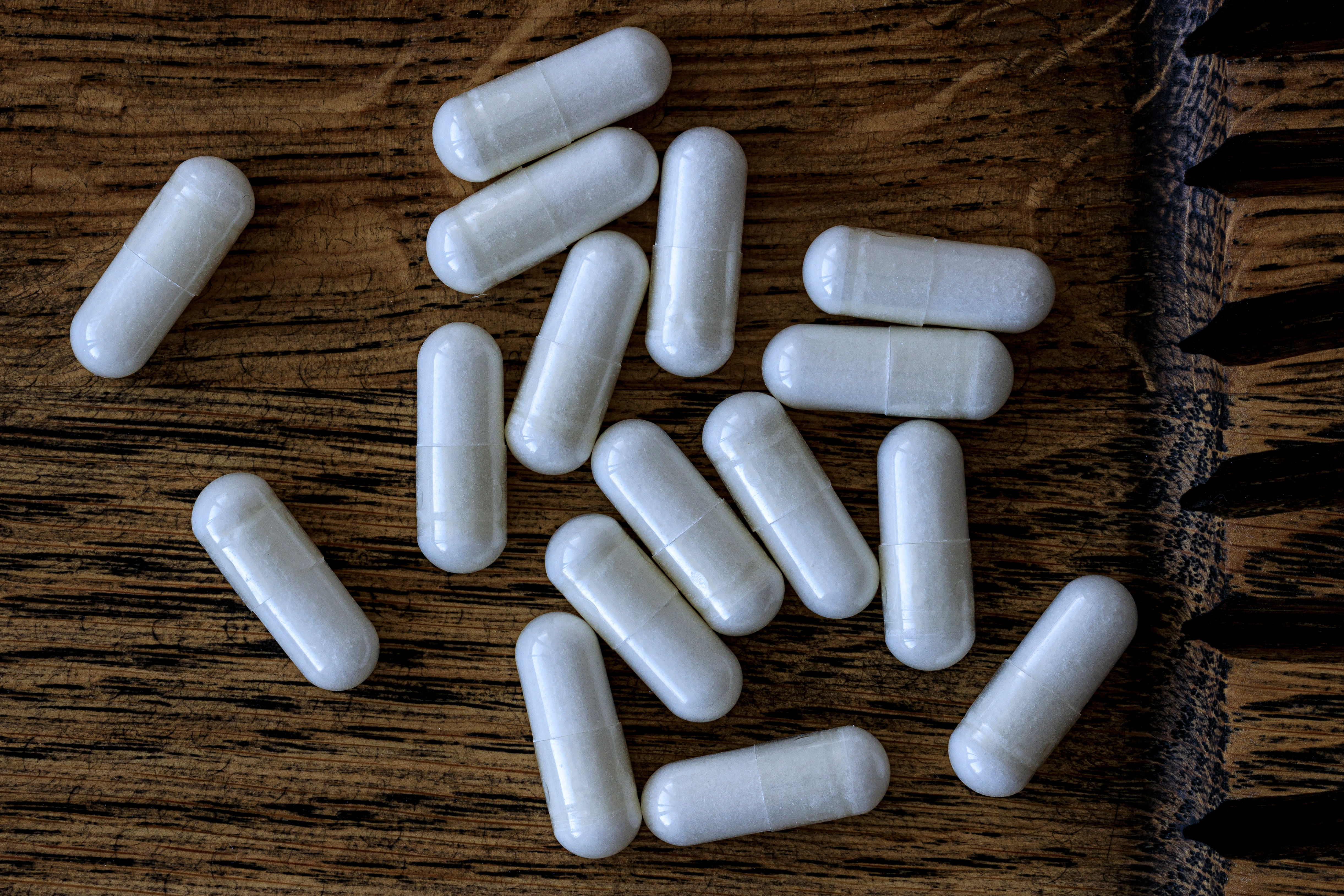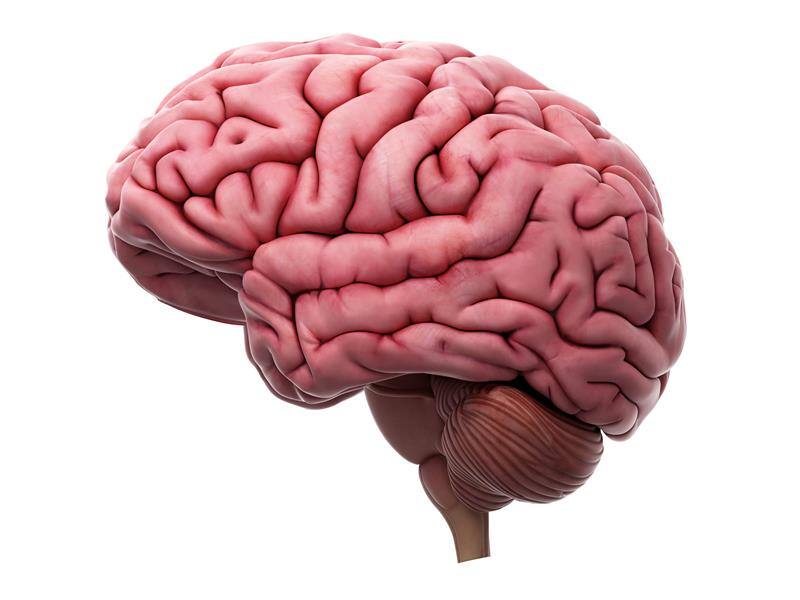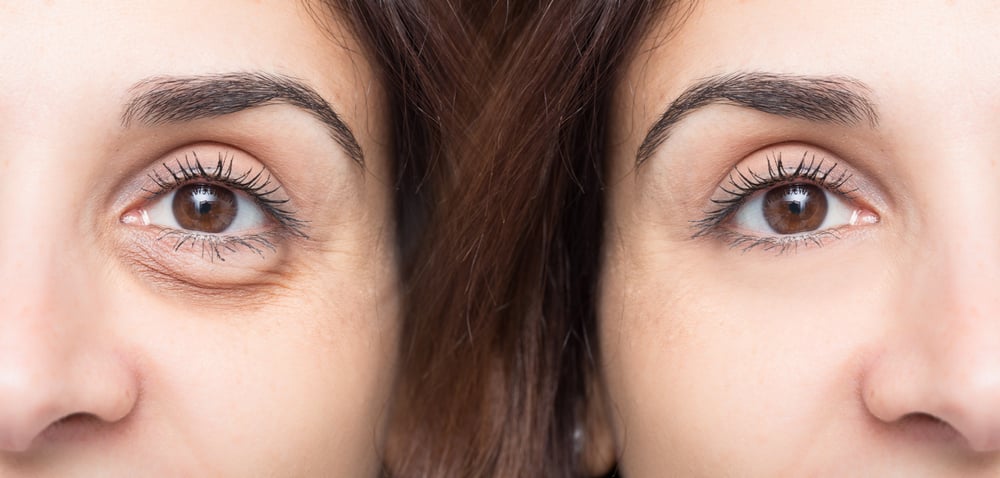Introduction
I get a lot of questions about magnesium and if you're wondering which magnesium supplement is best, I'm going to go through the 10 most commonly known magnesium supplements and of course not my favorite
10. Magnesium Stearate
My least favorite is magnesium stearate. However, magnesium stearate is not magnesium as a supplement; it's a flow agent commonly found in most vitamins and supplements. This is something you want to be aware of. It can be dangerous to ingest because the flow agent helps speed up production times, but it has never been tested for long-term human consumption. It's something to think about, so be sure to look for it in your vitamins.
9. Magnesium Oxide
Magnesium Oxide has poor absorption, with only 4% bioavailability, and it can cause some side effects. These include joint pain, the potential to pull calcium out of your bones, and it can also act as a laxative if taken in higher dosages. It's not my favorite.
8. Magnesium Malate
Magnesium Malate, for some people, can cause side effects like nausea, diarrhea, and stomach cramps. Some people take magnesium malate for energy production, and it's known to help with conditions like fibromyalgia and chronic fatigue syndrome. It's also used by some for a heavy metal detox. However, it can be very stimulating, especially if taken closer to bedtime. Many people take their magnesium at night for better sleep, but magnesium malate might interfere with that.
7. Magnesium Orotate
Magnesium orotate, unfortunately, can cause allergic reactions in many people. You may suffer an allergic reaction from taking this form of magnesium.
6. Magnesium Taurate
Magnesium taurate is often used for conditions like anxiety, depression, and to help decrease cortisol levels. It may also be beneficial for cataracts in the eyes. However, the issue of bioavailability and proper absorption of magnesium taurate remains a concern, which is why it's not my favorite.
5. Magnesium Sulfate
Magnesium sulfate is typically used only topically. If you've ever had an Epsom salt bath usually this has magnesium sulfate.
4. Magnesium Chloride
This is another topical way of using magnesium is by applying it to the feet at bedtime to help with sleep. This is usually not in ingestible form.
3. Magnesium Citrate
Magnesium citrate is very popular. It can taste very sour. Most people mix it into water or a drink. At higher dosages, it acts as a laxative, so while it can help with constipation by pulling water into the bowels to get them moving, it can also cause diarrhea and very loose stools if taken in high doses. For this reason, it's not my number one choice for a magnesium supplement.
2. Magnesium L-Threonate
Next on the list is Magnesium L-Threonate. It can cause headaches in some people who are sensitive to it and doesn’t have the greatest bioavailability. However, it may help with memory, which is a plus. Another benefit is that it crosses the blood-brain barrier, making it helpful for cognitive function. Now, for number one on my list...
1. Magnesium Bisglycinate
My favorite type of magnesium supplement is Magnesium bisglycinate. It's bound to two molecules of glycine, which is very important. Glycine works like a neurotransmitter and helps with our internal glutathione levels, the master antioxidant. Magnesium bisglycinate is also a natural muscle relaxant, protects against the negative effects of EMFs, and can help with sleep. It helps with cramping, muscle cramps, menstrual cramps, even breast pain, and cravings. It also supports the metabolism of carbs, fats, and proteins, which may help stabilize blood glucose levels and even support weight loss, if that's one of your health goals.
Now, if you want to learn more about magnesium stearate, remember that flow agent I mentioned at the beginning of this video, check out this video on why you should ‘Avoid Magnesium Stearate in Your Vitamins’.


